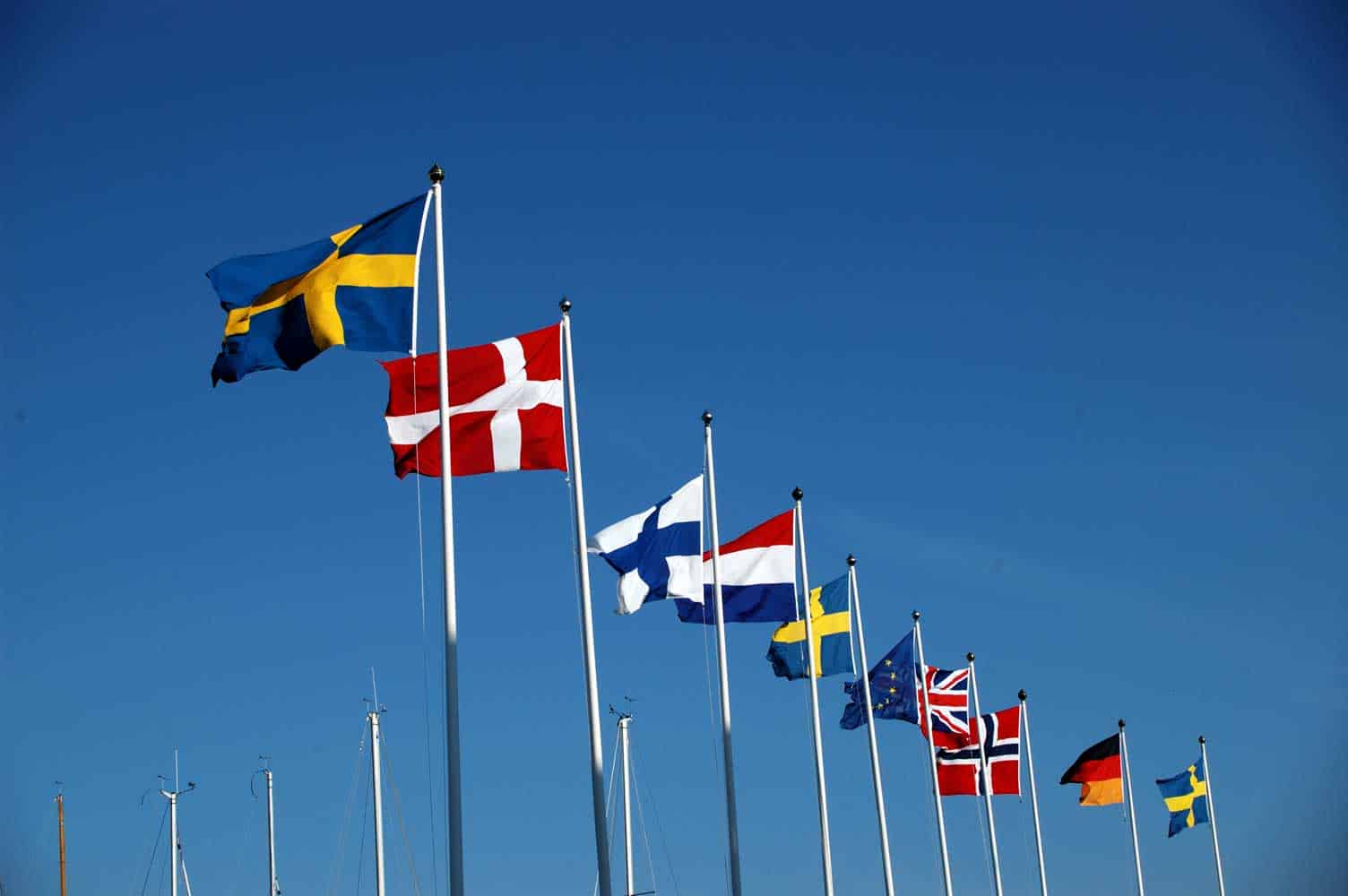
In both Finland and Sweden, countries known for their non-alignment policies, the support towards NATO membership is on substantial rise. From last year the support has risen 8 percentage points in Finland and 10 in Sweden.
In Sweden the support for the membership passed the opposition already last year and has since kept rising steadily, being now at 41% according to a poll commissioned by Swedish newspaper Svenska Dagbladet. The opposition now stands at 39% while one out of five people are still undecided.
In Finland the opposition still clearly outweigh the supporters despite the recent increase. According to a poll from February commissioned by Finnish newspaper Helsingin Sanomat, 27% of Finns are in support, 57% are against, and 16% are still undecided.
In both countries the support is highest amongst men and people who are politically right-wing leaning. People who support left-wing or green parties are generally against. Amongst the political parties themselves the right-wing parties are also generally more favorable towards the membership, although in certain parties there is a clear dissent between the party and its supporters.
For example, the right-wing populist party Sverigedemokraterna in Sweden is against joining whereas over half of their supporters, 54%, are favoring it.
Reasons in the Russia’s changed foreign politics
The rising support in both countries is considered to be a response to the actions of Russia regarding the still on-going Ukrainian conflict. Russian officials on the other hand have given strong comments against Finland and Sweden joining the military alliance.
Few days ago Russian Foreign Ministry stated that Sweden joining NATO would have “consequences”, which lead the Swedish government demanding an explanation from Russia.
Yesterday Russia began its largest military drill of the year. Close to hundred thousand soldiers from the army, navy and air force take part in a week long exercise in the central Russia.
This is continuation to the earlier drills this year, which have become larger and more frequent since the beginning of the Ukrainian conflict.
